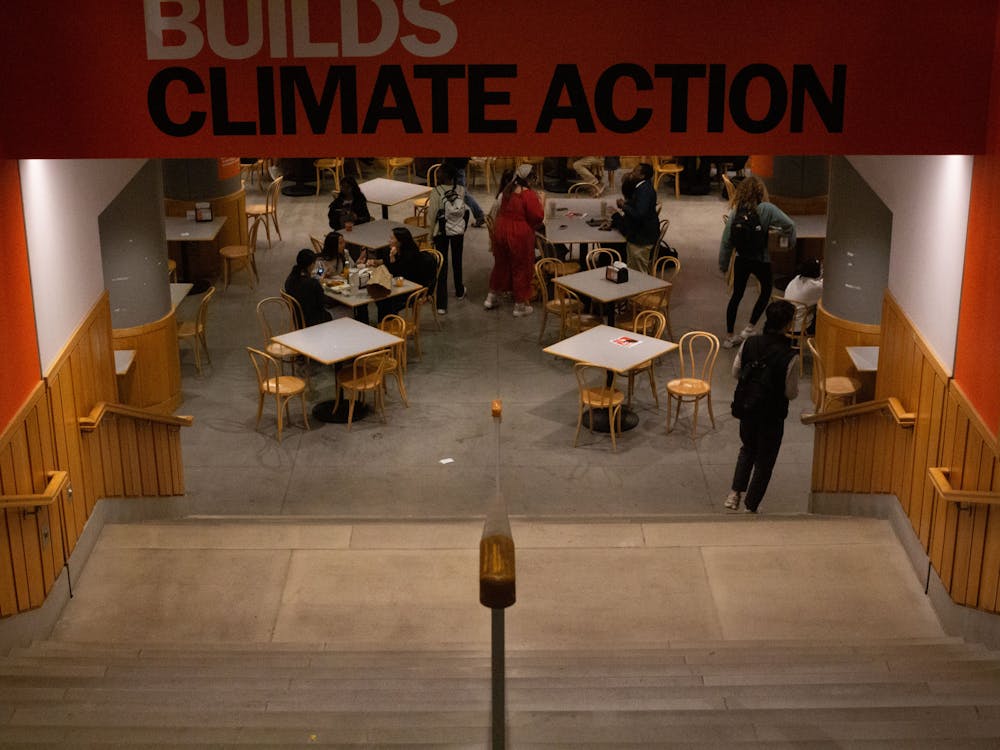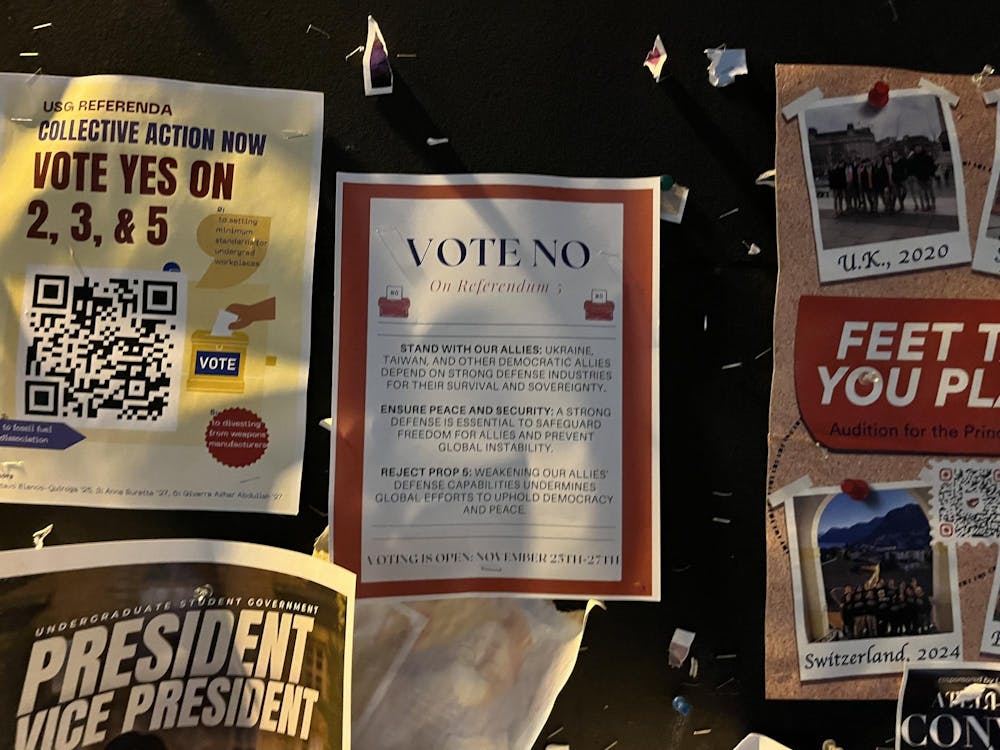With the amount people who move around these days, it's easy to lose touch with your childhood friends. They change. You change. You don't hear from them in years – and then suddenly, you're thrown back together.
I remember Becky as my best friend from the time I was five to the time I moved away from Raleigh, North Carolina at age 12. Our backyards connected, separated only by "the back fence" – a brick wall and metal fence meeting in a corner that made it easy for little feet to scale the border. At five, I needed a stool. At seven, I perfected the technique and spent as much time at her house as I did at my own.
Becky and I used to pretend we were pirates, careening around the ocean and conquering the Amazon (her driveway), swinging through jungle-thick branches and surviving on concoctions of leaves and berries. We wrote plays and performed them on her back porch. We held a circus and a carnival. For two summers, we also ran a day camp for the neighborhood children – pulling a neat profit considering we were only middle schoolers.
But my family moved to Indiana. Becky and I wrote for a few years, saw each other at my brother's wedding, and then went off in our own directions. Then, last week over spring break, I found myself quite unexpectedly in Raleigh again, looping through on a road trip that took a circuitous journey back here from Kentucky. I called her parents, they called her, she called the house where I was staying. We made plans to get together at UNC, where she was a junior.
That night, my fellow road-tripper Emily and I made the journey into Chapel Hill where mayhem reigned after Carolina had just launched themselves into the Final Four. We knocked on the door of her house. She opened it. "Laura!" she screamed. We hugged, and I looked her over. It was her all right, albeit a somewhat hippie-looking version of the rather preppy girl I remembered. She led us in, and introduced us to her house-mates.
There was Crazy Mike, a non-student who had given away all his possessions four years ago and now lived in a tent. A very spaced out looking man with a shirt saying "Macho is sicko" was lying back in a chair, smoking. Five similarly attired girls wandered around with a bongo ("We have drum circles around bonfires," Becky explained).
I looked around inside the house, seeing Grateful Dead posters and Native American tapestries, smelling the lingering smell of incense laced with pot and burning candles. I looked down at my standard Princeton uniform of jeans, loafers and a fitted sweater and decided I would have to attend several meetings of the College Republicans in order to be back to my comfort level. But she was my old best friend, so if the evening involved a discussion of how Saint Ralph Nader and OSHA were rescuing the poor and dispossessed from evil corporations who had the audacity to employ them, then so be it.
I tried to ask about her life, but every time she began a sentence, she would trail off, her eyes following the flame of the kitchen candle or tracing a crack on the ceiling. "Are you on anything?" I asked her. No, she wasn't, although I overheard someone calling the house to procure marijuana. Becky said there were seven frequent smokers living there. I looked up curiously. Becky, a pot head?
She led us down to Franklin Street, where we wandered into a Turkish tea house. In half coherent sentences, she talked about living in a communal village in Yosemite and wanting to write for National Geographic, but being worried that was too selfish. Instead she should be a civic journalist to give a voice to the oppressed proletariat, even if that wasn't her first choice of careers.
"Well, it's your life," I began, but she was off in her cloud again. We ordered tea at the counter, and she walked around aimlessly until I directed her to the cash register. "Becky, are you sure you're okay?" I asked. She nodded. "I'm just not very socially adept," she said as we sat down. "I just think of other things. My philosophy is the greatest good for the greatest number of people."
"Oh, a utilitarian," I said, my Woody Woo class terminology coming back. She looked at me, confused. "It's in a very macro sense," she said, pointing to the table in front of us. "If people in Guatemala have to go without firewood for us to have that table, then we shouldn't have furniture. But we have to have furniture." She looked pained. "Sometimes it's so hard to live that way," she confessed.
I drew supply and demand curves and attempted to explain why the people in Guatemala might actually choose to make furniture, but she just looked at the ceiling again. "The environment's falling apart," she finally said. "The population has doubled in the last 60 years, and it'll double again soon. All the farm land will be covered by interstates and we won't have food and everyone will die."

"That's a pretty depressing view of existence," I said. "So now I care less about things," she said. "Why does it matter if I use a clean fork, or things like that?" And what could I say? That you have to care, because you still have your life to live, and that even if the world depresses you, you should make your own existence as beautiful as possible?
As much as we talked, I still couldn't get through the fog between us. The political views didn't matter; that could be ignored. But we had simply developed completely different philosophies of life. I remembered the girl from long ago, who had ruled the universe of our backyards with me, who would go diving through thorn branches, who would make brochures for our summer business and voyages to Mars on her swing set.
Time passes and that girl is gone. I'm sure I have changed too, but as we were walking back to the house that night, she linked arms with me the way she always had. She started telling a story and, for a moment, I imagined us back on the trampoline with our flashlights at night, looking up at Orion and keeping away the ghosts.
Then, as quickly as that moment came, it was gone. Emily and I climbed back in the car, and Becky waved us off, the confusion crossing her face again. I watched as we pulled away, already missing what had been before.








